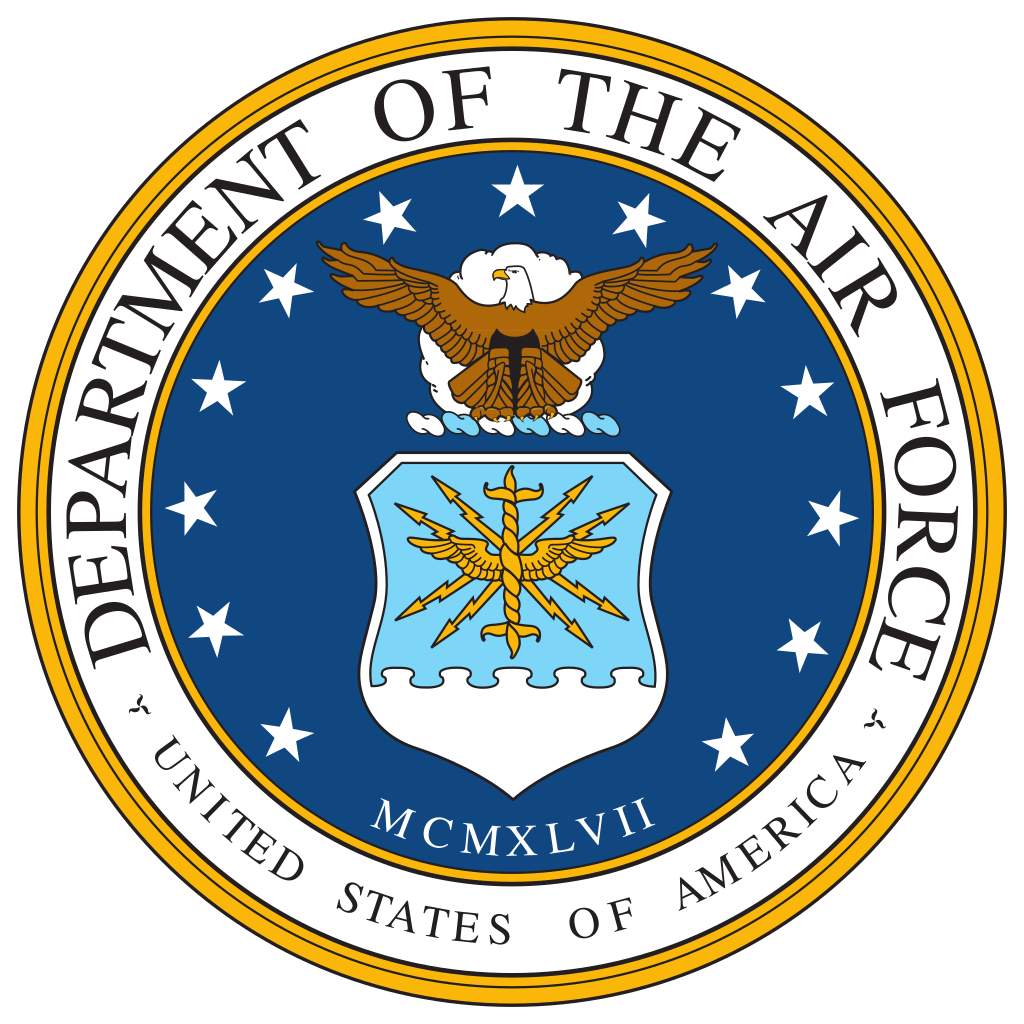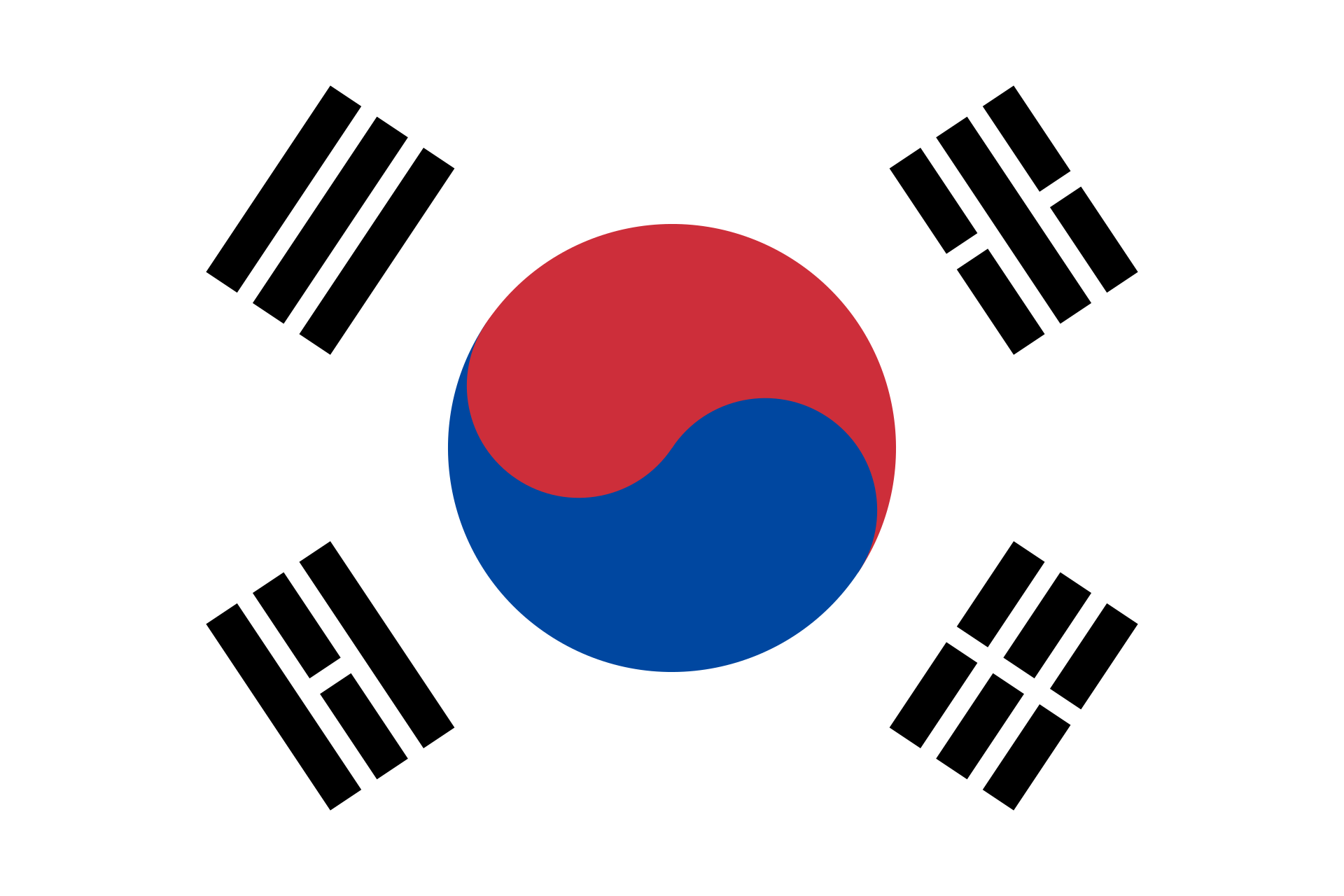- Oct 3, 2018
- 3,566
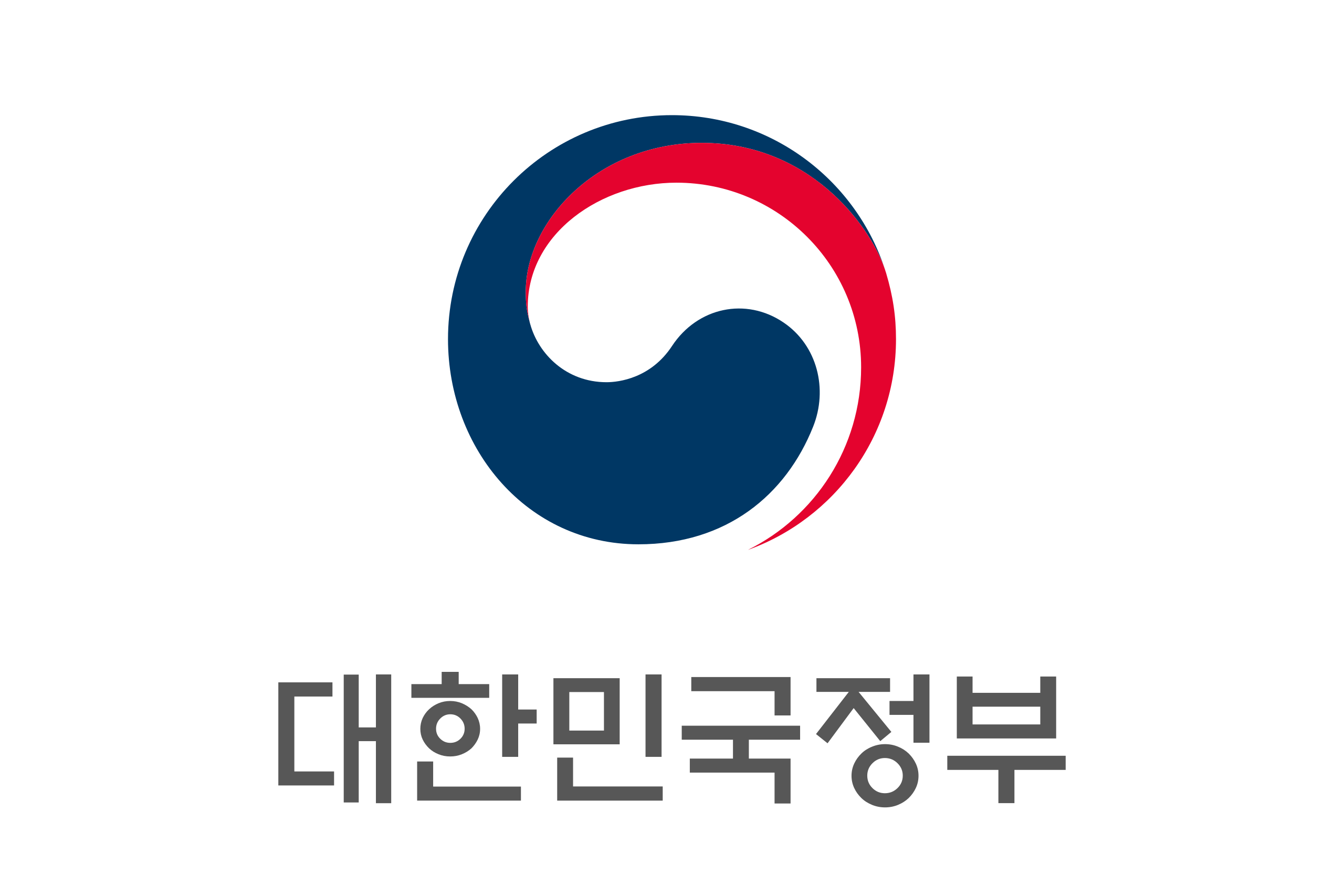
| 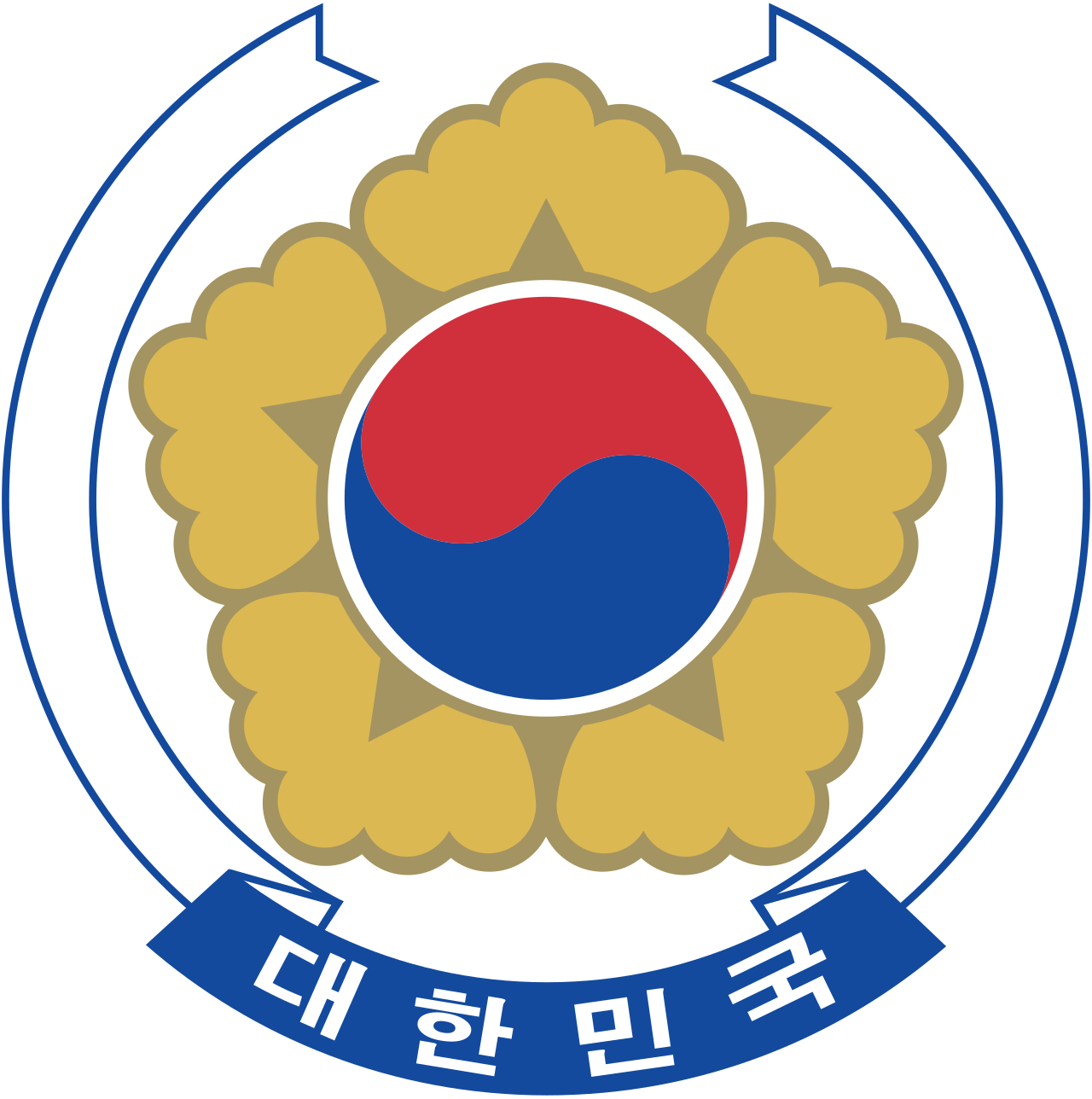
| 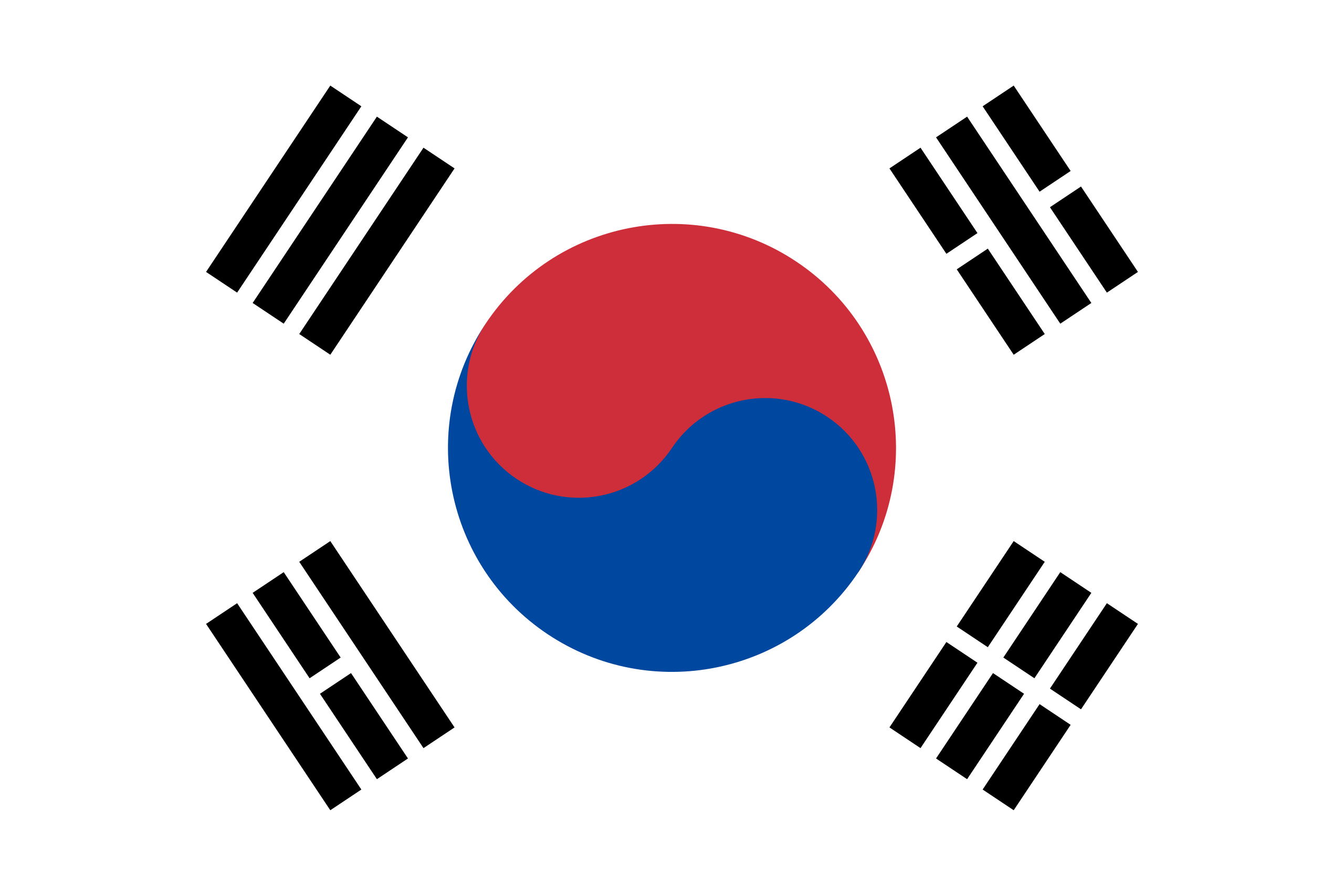
|
To: United States Air Force < Odinson > | < Boeing > CC: ParkHyunjin@mnd.kr.gov, LeeHyuk@mofa.kr.gov, KimMinseo@cheongwadae.gov, |
From: HanChusok@rokjtc.kr.gov |
Subject: Aircraft Swap |
Security: Private and encrypted Protected by the NIS and MoFA DPB |
I hope this email finds you well. I am emailing you pertaining to matters of Korea's national security and hope such communications may be protected by the relevant communication safeguards and information within the United States Military and be applied to Boeing company.
The ROK Air Force currently operates four Boeing E-767 AWAC aircrafts as part of the KACAA signed between our countries and procured through ADS. In the spirit of the agreement we hope that we can discuss in openness the vision of our country and its cooperation with Boeing and the United States. They were purchase in April of 1998. Primarily that of swapping our existing fleet of aircrafts and co-production on a new factory line of aircrafts.
As part of our military modernization efforts we hope that we can swap our existing fleet of E-767 aircrafts for Boeing E-737 AWE&C Aircrafts. We are looking to swap three of our E-767 for 3 Limited Production Licenses for the E-737 AWE&C. In terms of usage the three aircrafts are little older than a year in their service with the ROK AF. The aircrafts have been used in regular training exercises and have had a flight time of close to 210 for the calendar year of 1998. Whilst we do not know to what extent the E-767 can be incorporated into the US Air Force, we would not oppose the sale of the E-767 to a third party on the conditions it is not sold to specific parties which we may designate later.
I also hope that alongside this cooperation Korea and Boeing can discuss a possible opening of a Boeing plant in Korea through KAI (Korean Aerospace Industries) to co-produce weapons for both Korea and the United States. We primarily hope to discuss how to best cooperate on specific programs such as the Boeing EA-18G Growler and Osprey VTOL for the United States as well as for Korea. At the moment we currently operate the F-16CJ/DJ Block 50 for SEAD and electronic warfare operations. We would be open on how to best arrange this possible cooperation between KAI & Boeing.
Signed with sincerity,
Han Chusok
Chief of Staff of the Air Force
Republic of Korea Armed Forces
Republic of Korea
ROK Armed Forces
All information is protected from release by the Diplomatic Communications Security Act 1997
Authorized viewing is limited to those directly emailed, cc'd, and bcc'd
ROK Armed Forces
All information is protected from release by the Diplomatic Communications Security Act 1997
Authorized viewing is limited to those directly emailed, cc'd, and bcc'd




